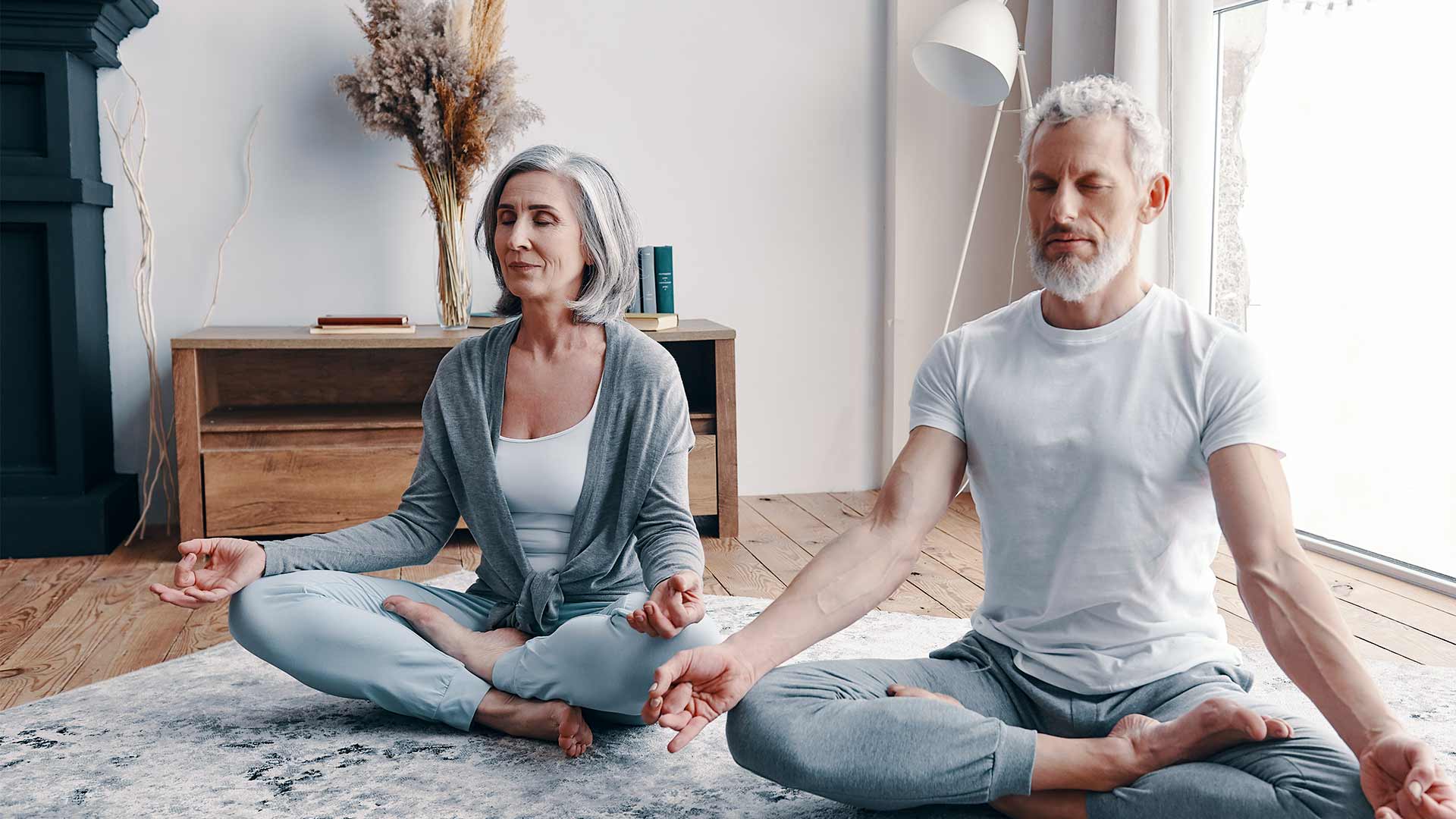A cough that won’t go away. A strange rash on your back or an ache in your stomach. When you don’t feel well, it’s increasingly common and understandable that you turn to digital health or urgent care clinics to find out what’s causing your illness, rather than going to your primary care provider (PCP). Maybe you think it’s not worth it to make a doctor’s appointment to diagnose a minor illness, or it’s the middle of the night and you want answers immediately. But there are several reasons why going to your PCP can provide you with the best overall care.
When you look up a condition on the internet, you will get generic results — not ones tailored to your particular situation with your patient history in mind. So while the information you get may be helpful, it also can be misleading. A lingering cough could be from a cold, allergies, lung cancer, asthma or even from acid reflux. Do you need an antihistamine, a cough suppressant or an antacid? Guessing wrong can mean it takes even longer to get better.
Likewise, when you walk into an urgent care, the doctors there are looking at the specific conditions that brought you to their clinic. Urgent care clinics would not have your family history, which might play a role in your current condition. In contrast, your PCP can see your whole healthcare picture rather than just an isolated snapshot. That advantage can help you live a longer and healthier life.
Benefits of a Primary Care Doctor
There are many reasons to have a PCP as your healthcare partner. Here are five of the most important:
- A longer and healthier life. According to the National Institutes of Health (NIH), nearly 128,000 deaths could be prevented each year in the United States through PCPs. Areas of the country with more PCPs per person have lower death rates for cancer, heart disease and stroke. Regular care from your PCP can help identify and slow down the progression of these diseases by addressing complications more quickly.
- One-stop shop. Your PCP is your first and often the only stop you’ll need for help solving your healthcare woes and keeping you healthy. PCPs treat many day-to-day illnesses and injuries — from colds and flu to back pain — and can detect serious illnesses such as cancer, diabetes and cardiovascular disease, which may require care from a specialist.

- Care Coordination. Your PCP knows all about you and your medicines and supplements, as well as which tests and screenings you need through every life stage. They also know how to find and coordinate with the right specialists to meet your needs.
- Health and wellness advocate. Your PCP will help you find a path toward long-term health and wellness. They’re your direct link to information on nutrition and weight management, smoking cessation, help with alcohol or drug use, and managing stress and anxiety. And, because you’ll see your PCP on a regular basis, they can check on your progress and help you develop new strategies if needed.
- Time and cost savings. Many PCPs offer convenient same-day or next-day appointments for existing patients. One study shows that people who see a regular PCP have lower healthcare costs than those without a regular doctor. For nights, weekends and other times when you aren’t able to see your PCP, urgent care is a great option.
If you have a life or death situation — such as a heart attack, stroke or serious car accident — you should call 911 or go to the nearest emergency room. If a condition or illness develops or worsens during the evening and can’t wait until morning for medical attention — such as a fever that won’t come down or a deep cut that won’t stop bleeding — urgent care may be a solution. But even if you do go to an urgent care center, you should still follow up with your PCP.
The internet, wellness apps and urgent care centers certainly can serve a purpose, but they do not deliver the best long-term care. When you want a doctor who is familiar with your health history and your wellness goals, you need to see your PCP.
Choose to Stay in Touch
Sign up to receive the latest health news and trends, wellness & prevention tips, and much more from Orlando Health.
Sign Up for HealthBeat










